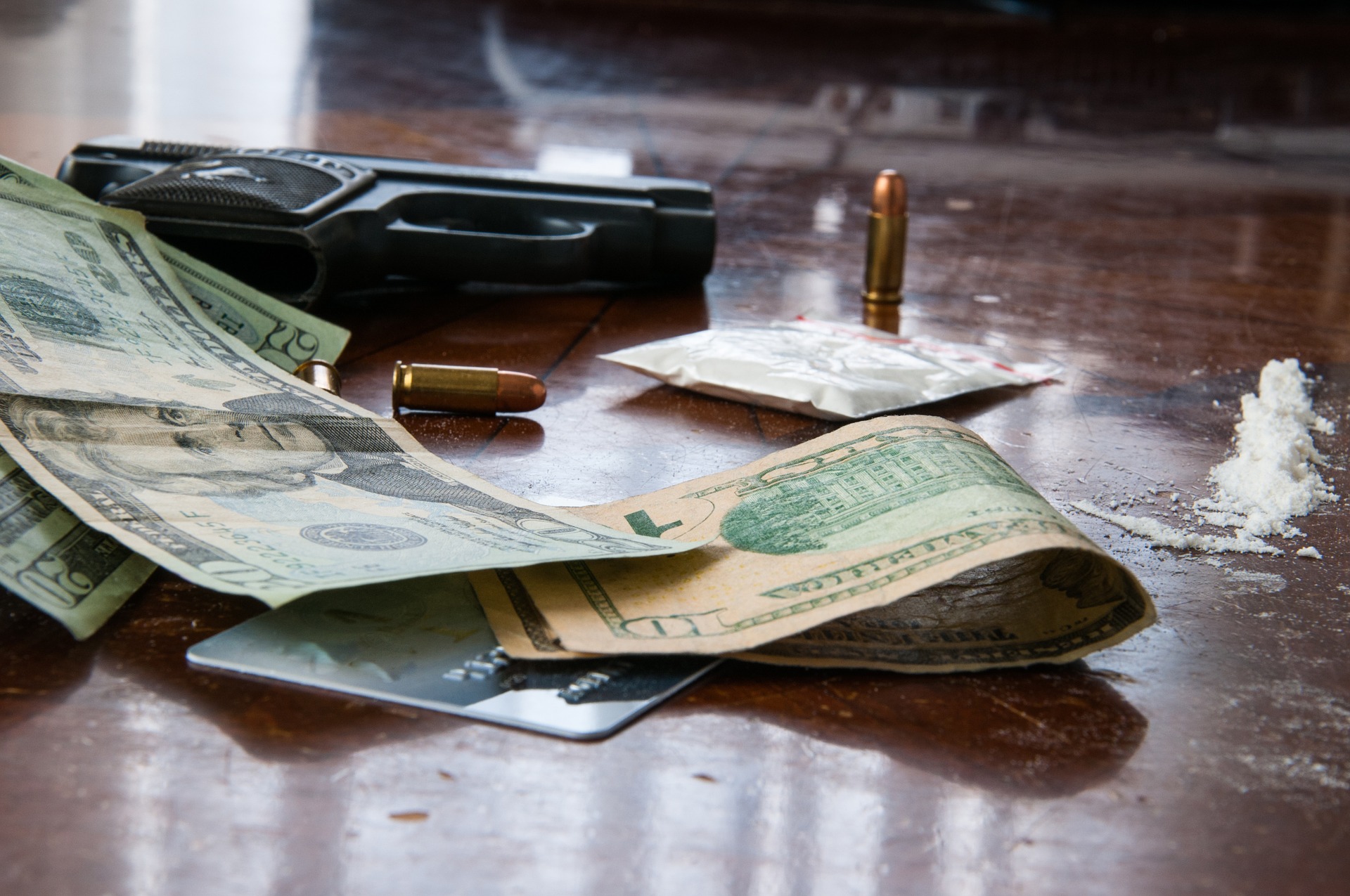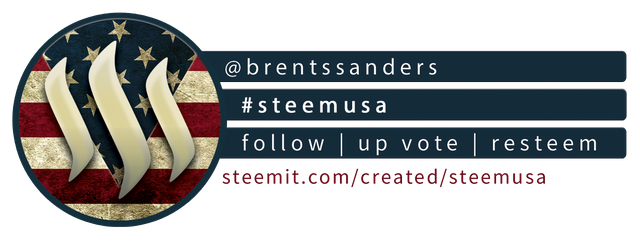In this edition, we explore the effects of the Drug War in particular and of Prohibition in general. They may not be what you think!
Written by my former student and good friend, the honorable Stoyan Panchev, founder of the Bulgarian Libertarian Society.
Translated by @peter.tsukev, edited by moi.
Original article: https://ekipbg.com/ikonomika-na-prohibiciiata/

The Prohibition Economy: Expensive, Dysfunctional, and Detrimental
by Stoyan Panchev, MSc in Economics
Prohibition in the United States (1920-1933) continues to live on in our minds, romanticized by pop culture — gangsters, speakeasies, and lavishly-dressed ladies and gentlemen sipping forbidden spirits. In reality, however, modern societies have held on to one defining characteristic of this period: prohibition itself. Although alcohol is legal all over the Western World, using other substances, labeled together as “drugs,” is still prosecuted to the full extent of the law, apart from in a few cities in North America and Europe.
Although it is possible to trace the roots of modern prohibition to the early 20th century, it took its current shape in the 1970s, when the US government kicked off the War on Drugs — first nationally, then internationally. Measures became stricter, sanctions increased, and the authorities became more active and more aggressive. Today, forty years into the war, we can now draw clear, data-backed conclusions about the effects of prohibition on alcohol and drugs alike.
Prohibition is Expensive and Ineffective
The first and most significant effect is the enormous amount of tax money that is being spent — without even minimal progress being made towards the final goal (namely, to limit the supply and use of illegal substances). U.S. statistics are clear — after 1.6 trillion dollars spent by the government since the war began, the percentage of drug addicts has not only not dropped, but has actually doubled, reaching 2% of the population. Actually, do we really need statistics when we all know that, if we really want to, we can find whatever drug we want easily, despite its being prohibited?
A 2010 study by Harvard economists shows that the enforcement of prohibition laws in the US costs state and local governments 41.3 billion dollars annually and leads to budget deficiencies from uncollected taxes on substances sold in the region of 46.7 billion dollars (1). Their calculations also indicate that drug-related cases make up 1/6 of police and court budgets — sums that otherwise could go towards tackling more serious crime. At the moment in places like Colorado, the partial legalization of the sale of cannabis has given rise to a number of new economies — including tourist, medicinal, and agricultural. The state has received 1.3 billion dollars in sales, contributed 200 million dollars in profits to the state treasury (2), and at the same time, the police, courts, and prisons are optimizing their budgets and saving money.
Prohibition Gives Rise to Overdosing
Another serious impact of prohibition is the increase in overdoses and drug-related diseases. The reason is rooted in a few interrelated circumstances. First, consumer information on the product and those who sell it is minimal since transactions are primarily carried out “on the street.” Second, users cannot openly report problems with the product, having been involved in illegal acts with criminals. Third, since they did not transact with official vendors, they cannot sue for damages through legal channels. As far as the supply is concerned, there are few incentives to sell a better product because there is little communication between consumers about the quality of the product — which normally leads to greater competition in open markets.
The last and probably most meaningful reason, as far as deaths from overdoses are concerned, is the rise in potency, which is characteristic of black markets. From 1974 to 1984, only ten years into the war on drugs, marijuana potency, measured in active ingredient content, increased eight-fold (3). Similarly, during the 1920’s, lighter alcoholic beverages such as beer and wine gave way to hard liquor such as moonshine.
This trend is not unexpected — making and transporting the illegal substance is fraught with risk, so there is a strong incentive to get more out of a small dose — both among manufacturers and consumers. The modern phenomenon of designer drugs is a symptom of the same phenomenon — the ban is being circumvented by using new formulas and molecules that are not yet illegal, but are new and untested, with unknown side effects — which fact logically leads to fatalities.
Prohibition Breeds Crime
The third considerable side-effect is connected with violence and crime. Black markets are governed by different principles and people than are open ones. The lack of a legal means of settling disputes lowers the consequences of violence and increases its efficacy. According to a 1997 crime study of New York, 40% of registered crimes were connected with unsettled scores in the drug market, with only 7.5% of crimes being related directly to drug use (4). In the 1920s, we can discern a very similar situation — murder rates in the US jumped from 4.6 out of 100,000 people in 1910, to 10 out of 100,000 in 1933, immediately following the end of Prohibition.
The existence of gangsters like Al Capone and the Mexican drug cartels in times of prohibition is no coincidence. Solid mafia organizations are more effective in using violence; new competitors have trouble entering the market due to its characteristics, which leads to long-lasting monopolies; and finally, organized crime has more tools to enable itself to use graft when dealing with authorities than with independent dealers. To conclude, history has clearly shown that when prohibition of a substance exists, the suppliers are — by default — criminals, whereas where there is no prohibition, we see absolutely normal, violence-free business being done.
Conclusion
Even if the use of a certain substance may seem unhealthy and immoral, history has shown that prohibiting it and prosecuting users has a series of repercussions that, in the end, hurt societies significantly more than the use of the substance itself.
Sources:
1. Jeffrey A. Miron and Katherine Waldock, “The Budgetary Impact of Ending Drug Prohibition,” White Paper, Cato Institute, September 27, 2010
2. https://www.marketwatch.com/story/marijuana-tax-revenue-hit-200-million-in-colorado-as-sales-pass-1-billion-2017-02-10
3. Quarterly Reports of the Marijuana Potency Monitoring Project, National Institute of Drug Abuse, University of Mississippi, 1974-84
4. P. J. Goldstein, H. H. Brownstein, P. J. Ryan, and P. A. Bullucci, “Crack and Homicide in New York City: A Case Study in the Epidemiology of Violence,” in Crack in America: Demon Drugs and Social Justice, ed. Craig Reinarman and Harry G. Levine (Berkeley: University of California Press, 1997), pp. 113–30.

Good rundown. Though I support legalizing alot of drugs, I'd still be fore keeping heroin for example, in the criminal area.
Downvoting a post can decrease pending rewards and make it less visible. Common reasons:
Submit
Though it ought to be clear from the above that prohibition is ineffective (drug use tends to go up, not down, due to the forbidden fruit effect), it's interesting you mention heroin. Portugal decriminalized all drugs, including heroin, reallocated the resources that had previous been used in their war on drugs into clinics and rehabilitation centers, and effectively halved drug use among teens and addiction, including to heroin. Pretty amazing, if you ask me.
Downvoting a post can decrease pending rewards and make it less visible. Common reasons:
Submit
I just mentioned the worst offender. Generally I'm for decriminalizing drugs... but some are just too much. I dunno, I don't really have a definitive solution...
Downvoting a post can decrease pending rewards and make it less visible. Common reasons:
Submit
Yeah, I get you. By my standards, none of us do have the wherewithal to solve all the problems in the world. That's why I like decentralization -- giving the power back to the people, to make their own decisions, and to reap the consequences.
Downvoting a post can decrease pending rewards and make it less visible. Common reasons:
Submit
Sure, but I don't think eliminating all regulation is good either. I think a balance is needed. :)
Downvoting a post can decrease pending rewards and make it less visible. Common reasons:
Submit
Libertarians don't necessarily believe in having no regulations, but do they have to be governmental?
Downvoting a post can decrease pending rewards and make it less visible. Common reasons:
Submit
Well, if it is a regulation, it cannot be just societal pressure. For most drugs, I agree it should be just frowned upon. I don't know where exactly the line should be drawn, but there should be a line.
Downvoting a post can decrease pending rewards and make it less visible. Common reasons:
Submit
I'm sorry for perhaps sounding too extreme, but it sounds like the question in your mind is where to draw the line between using arguments, and using aggression.
Downvoting a post can decrease pending rewards and make it less visible. Common reasons:
Submit
Curated for #informationwar (by @openparadigm)
Relevance:Prohibition
Downvoting a post can decrease pending rewards and make it less visible. Common reasons:
Submit
thanks for sharing man very excellent job .
Downvoting a post can decrease pending rewards and make it less visible. Common reasons:
Submit
No, thank you!
Downvoting a post can decrease pending rewards and make it less visible. Common reasons:
Submit
This post has received gratitude of 2.25 % from @appreciator thanks to: @brentssanders.
Downvoting a post can decrease pending rewards and make it less visible. Common reasons:
Submit